During our April 2023 webinar, “Greenwashing: Debunking the Plastic Industry’s False Narrative,” we received many excellent questions from our audience. Unfortunately, we ran out of time during the live event for our panelists to address them all, so we are answering them here. With this additional resource, we hope to provide deeper insights into the world of plastic industry greenwashing and learn how to effectively avoid and address it.
1. I see lots of kinds of plastic when I go walking, in addition to plastic bottles. How can companies that make unlabeled plastics be held accountable?
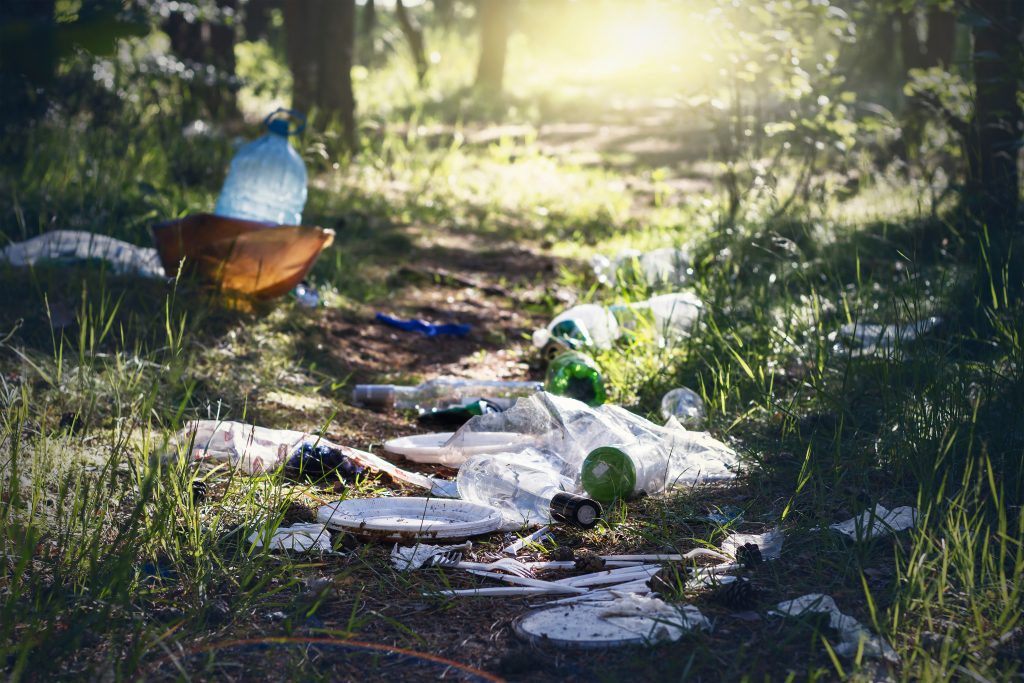
Ideally, laws and regulations would require the plastic industry to accurately label their products. You may have noticed that many plastic products are imprinted with identification codes (called “resin codes”), often depicted as small numbers surrounded by three interlocking arrows. While many people associate those arrows and numbers with recycling, in reality, they say nothing about a plastic item’s actual potential to be recycled. Instead, the numbers are considered codes indicating what type of plastic an item is made from. These numbers in the chasing arrows give the public a false sense that all plastics are recyclable or may be recycled.
Further, many plastic items are deceptively labeled as “recyclable” when in reality, they are not. This kind of greenwashing is common. Regrettably, labeling laws are frequently flouted by plastic producers, making it challenging to hold polluters accountable. But marketing, especially prominent brand-name labels which are commonly pasted on or wrapped around plastic products, make it easier to identify which corporations are contributing to plastic pollution. Brand audits—counting and documenting the brands found on plastic waste—can help call out and hold polluters accountable.
2. Has anyone considered lawsuits against advertising agencies? They are creating these misleading ads and misleading campaigns. They should be accountable.
While plastic and fossil fuel corporations are ultimately responsible for greenwashing and pollution, advertising companies and agencies have played a serious role in perpetuating positive plastic and fossil fuel messaging. While much focus has been on corporations, campaigns such as Clean Creatives, from Fossil Free Media, are pushing for accountability and action from the advertising sector, calling on ad companies and agencies to drop clients that deal in fossil fuels and plastics. While these actions are currently voluntary, media campaigns and other pressures can help sway the behavior of advertisers.
3. How do we check the power of these plastic-producing companies as long as it’s profitable to increase their market share and pump more plastic into the world?
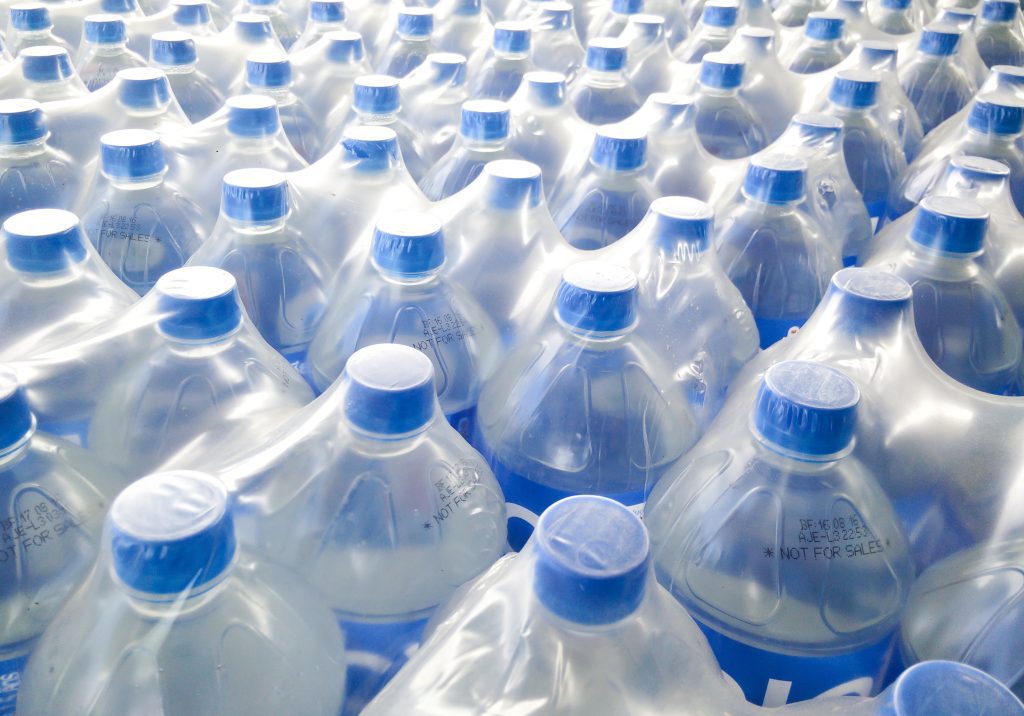
Individuals can take many types of action to educate, advocate, and connect with others to spread the truth about plastic, ultimately helping shift our values to put people over profits—and not the other way around. Identifying top polluters through brand audits and actively avoiding plastic products are crucial steps that individuals, businesses, and organizations can take to hold corporations accountable for their pollution. Harnessing the power of social platforms and other kinds of media to educate others about the harmful effects of plastic products on our health, the environment, and social justice is essential, as is promoting alternative, truly sustainable plastic-free solutions.
Advocating for local, national, and global laws and regulations that stop single-use plastic at the source and support businesses engaging in solutions to plastic pollution, such as Plastic Pollution Coalition Business Members Ecovative, FloWater, and SWAY, can help us create the world we need. Engaging with local businesses, such as eateries, to encourage reduced plastic use and promote alternatives like offering discounts for customers who bring their own reusable containers can also help push forth positive change. For those participating in local clean-up activities and events, conducting brand audits and sharing data identifying the top polluters can help reinforce accountability.
Supporting businesses and organizations that are actively working to reduce plastic in the world or are providing plastic-free products or services is another way to help cut big polluters’ profits. It’s important to remember that plastic producers are already experiencing a dip in demand due to rising public awareness and action to end plastic pollution and protect the planet, which is why they resort to greenwashing as a tactic to sell products. By publicly calling out companies that greenwash on social platforms and in other media, individuals can help push companies to stop the deception and hopefully change their harmful practices.
4. Why are alternatives to plastic twice as expensive? It’s similar to how plant-based milk and meat alternatives are always more expensive than dairy and meat.
Traditional mass-produced products with decades of history, such as plastics, dairy, and meat, have optimized supply chains and production processes, resulting in lower per-unit costs. In contrast, better alternatives to plastic and plant-based products are relatively new and produced on a smaller scale, leading to higher production costs. Alternative companies also often invest heavily in research and development for sustainable materials or plant-based alternatives, which translates into higher per-unit costs for consumers compared to large-scale mass-produced products like plastic.
Unfortunately, “traditional” industries, particularly plastics and fossil fuels, also benefit from government subsidies and externalized costs, such as environmental impacts that are not directly reflected in their prices. This makes them appear more affordable than their more renewable, sustainable alternatives, though the price we pay with pollution to the environment and our health cannot be overstated.
Fortunately, as the demand for sustainable, regenerative, and nontoxic goods continues to grow, we can expect that economies of scale will improve, production costs will decrease, and prices will become more competitive. Additionally, shifts in government policies and consumer preferences can also play a role in reducing the price gap between traditional and alternative products.
5. How important will lawsuits be to bring about change and what are the most important means to increase the pressure on plastic producers and large companies that use a lot of plastic in their products?
Lawsuits and other legal actions can be useful in holding polluters accountable for greenwashing. For example, it could be considered deceptive to label a plastic product that will never be recycled as “recyclable.” But lawsuits are only as effective as the laws, precedents, and other regulatory stipulations that may uphold helpful decision making. When it comes to pushing forth with real solutions to plastic pollution, what’s needed first and foremost is stopping pollution at the source through implementation of laws that curb plastics production. A strong, enforceable Global Plastics Treaty may give us our best shot at bringing forth the change we need.
6. With respect to the forthcoming discussion at the UN on a Global Plastics Treaty, without industry or the “private sector” on board, the scope of the treaty could be limited. How could this sector be involved and really be part of the solution?
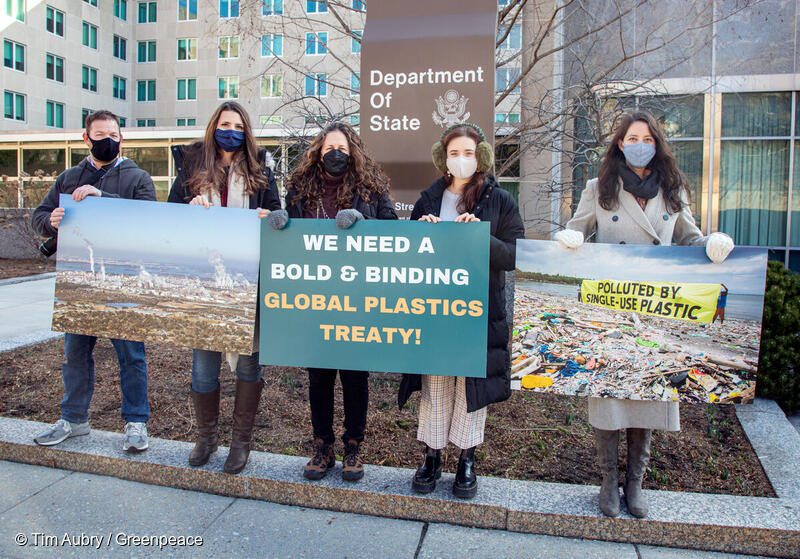
Involving the private sector in the development and implementation of a Global Plastics Treaty could be tremendously beneficial for its success. To begin with, governments can offer financial incentives, subsidies, tax breaks, grants, and low-interest loans to companies investing in research and development of sustainable, nontoxic, regenerative materials, packaging, and production processes. This approach would drive innovation and reduce costs, similar to how subsidies currently keep costs low in the plastics and fossil fuel industries.
Mandating companies to disclose their plastic usage, waste management practices, and progress towards sustainability goals could increase transparency and create pressure to adopt better practices. Finding ways to make truly sustainable practices more profitable and attractive to shareholders than polluting practices would also make a significant difference.
Unity among governments is crucial. With a strong, legally binding treaty addressing plastic at all stages of its existence, multinational companies, which are often top polluters, would be compelled to adopt better, less polluting practices. Additionally, global incentives to make such practices more appealing to producers could significantly weaken the plastics industry’s dominance.
7. How does an individual properly call out a business for falsely claiming to be renewable or non-plastic?
If you discover a company engaging in greenwashing and want to address it effectively while educating the public and giving the company an opportunity to change their behavior, there are several approaches to consider. First, research and gather evidence to compare the company’s actual actions to their advertised claims, building a case that demonstrates how their purportedly beneficial solutions or products are, in fact, harmful.
Utilize social platforms and other media outlets to raise awareness about the company’s misleading claims, sharing your findings and evidence to reach the largest possible audience to push for accountability. Product reviews can also influence a company’s public image. By providing honest feedback on e-commerce stores, restaurant review sites, and other platforms about the company’s dishonest or misleading claims, you can help educate the public about the company’s deceptive practices.
If a company’s false claims potentially violate advertising regulations or consumer protection laws, consider filing a complaint with the appropriate regulatory agency, such as the Federal Trade Commission (FTC) in the U.S., the Competition and Markets Authority (CMA) in the UK, or a similar organization in your country. Additionally, collaborate with advocacy groups and share your evidence and findings with them. Enlisting their support in raising awareness about the company’s misleading claims within their networks can help amplify your message and hold the company accountable.
8. Would it be useful to write to celebs and ask them to promote this cause?
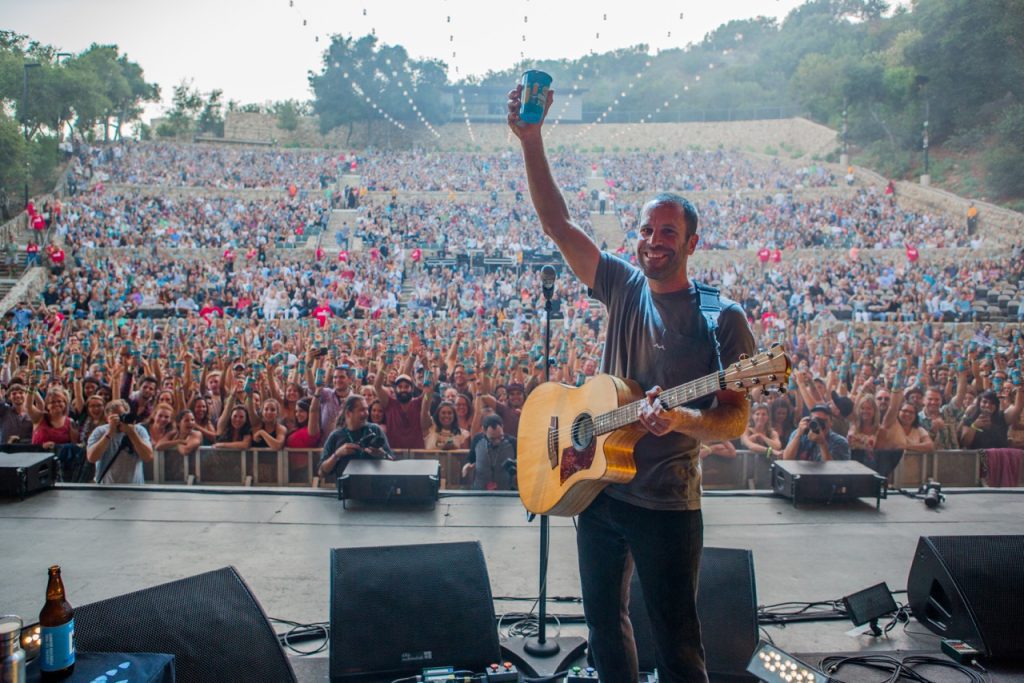
Yes, utilizing celebrities or influencers to bring attention to important issues can be tremendously beneficial—especially if it’s a cause they have expressed interest or concern about in the past. A major area of Plastic Pollution Coalition’s work involves partnering with our friends in Hollywood and the music industry to create initiatives designed to increase awareness about plastic pollution and develop programs and processes to reduce the amount of plastic used in entertainment. This way, we can Flip the Script on Plastics and educate the public about more sustainable/regenerative practices while also not portraying plastic as a benign inevitability of life. As Fran Drescher put it during our January 2022 webinar, Hollywood celebrities are “the major influencers on the planet,” and at Plastic Pollution Coalition we believe their ability to inspire meaningful change with people the world over is a powerful tool specifically in addressing plastic pollution.
Do you have a celebrity in mind who might want to help bring attention to the plastic pollution crisis? As an individual, engaging with a celebrity to promote a cause you are passionate about can be difficult due to the time demands celebrities often face, but not impossible. Here are some steps you can take to engage with celebrities or influencers:
- Identify a celebrity ally. Search for an influencer who has shown interest in similar causes or has a track record of environmental activism. Individuals like these are more likely to be receptive to your message and have credibility when speaking about the issue.
- Utilize social media, public advocacy groups, and other means to publicly amplify your message. By increasing the visibility of your cause, you increase the likelihood of reaching the celebrity and maximizing your chances of receiving a response.
- Be patient and persistent. Celebrities receive numerous requests, so it’s essential to be patient, persistent, and willing to invest time and effort in getting a response or commitment.
- Be respectful in your communications. Approach celebrities with courtesy and respect, acknowledging the demands on their time and attention.
- Reach out to multiple celebrities who share your commitment to sustainability. To maximize your chances of success, consider contacting several celebrities who are known for their dedication to sustainability and environmental causes.
9. Is the legal system currently more eager to hold companies accountable now?
Yes, in fact, greenwashing lawsuits have increased in recent years, with numerous cases filed by both private and public plaintiffs against businesses that claim sustainability achievements and environmental friendliness without substantial evidence. Companies across various industries, including energy, fashion, transportation, and asset management, have faced such lawsuits at record numbers. The rise in greenwashing allegations can be attributed to growing pressure from consumers, government regulators, and shareholders for businesses to meet environmental and sustainability goals. While companies are adapting to prevent greenwashing claims, evolving consumer preferences and increasing demand for accurate, verifiable information about the environmental impact of products and services suggest that greenwashing litigation will continue to evolve and persist for the foreseeable future.
Greenwashing is a persistent and insidious problem that weaponizes the public’s best intentions by targeting people who care about the environment and human and animal health. Greenwashing offers false solutions that are easy for most people to adopt but don’t actually address the source of the issue. We are encouraged by the work of our allies around the world and their efforts to call out companies and the plastics industry for these practices. As an individual, there are many things you can do to support these broader efforts and in your personal life to make a difference. Take the Pledge to refuse single-use plastics, and if you see instances of greenwashing, utilize the significant communications resources at your disposal to call attention to it.
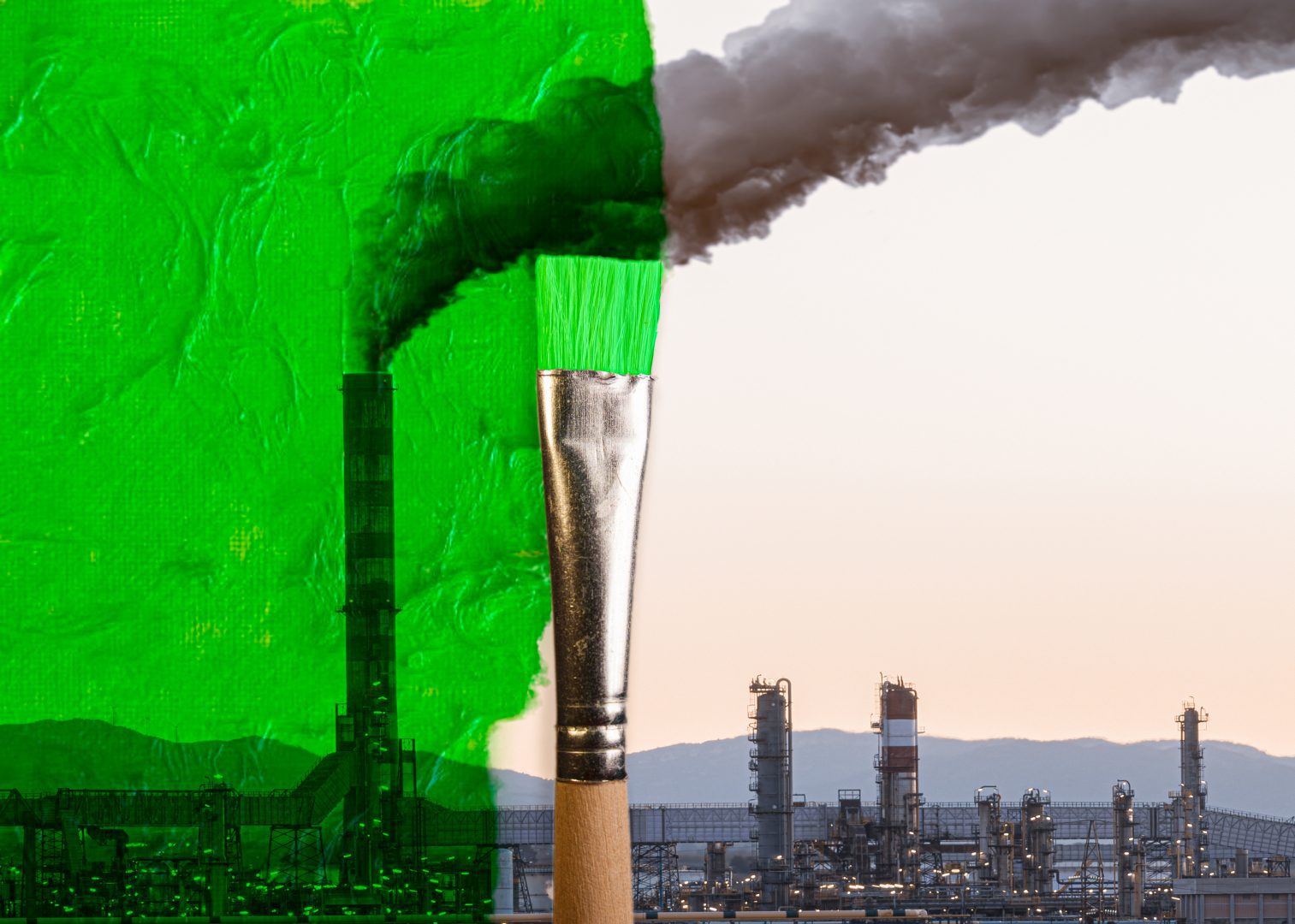
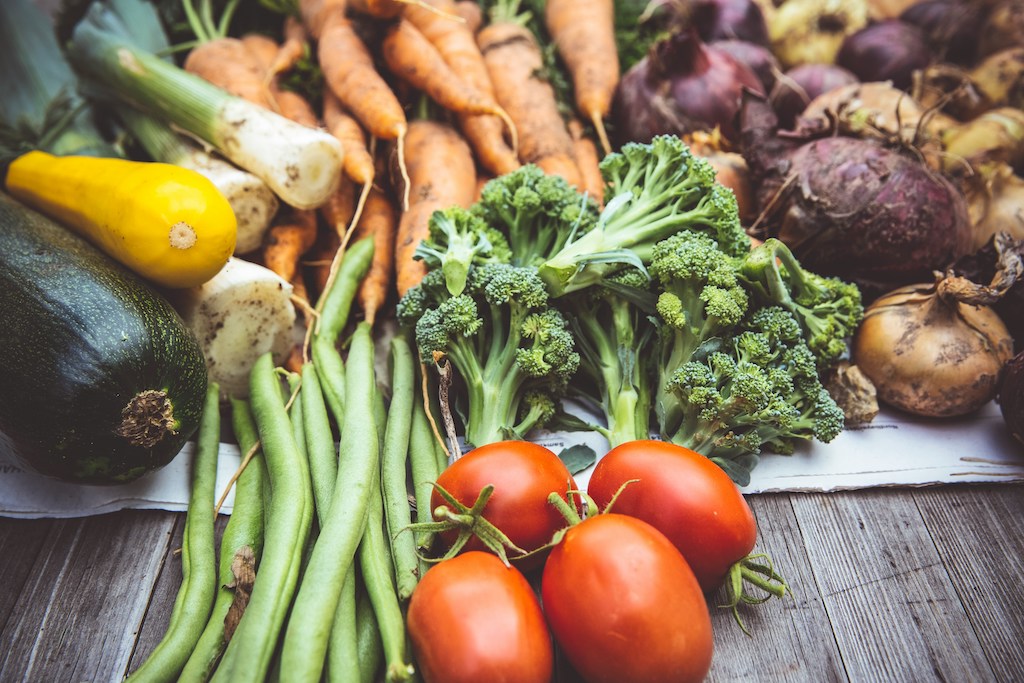
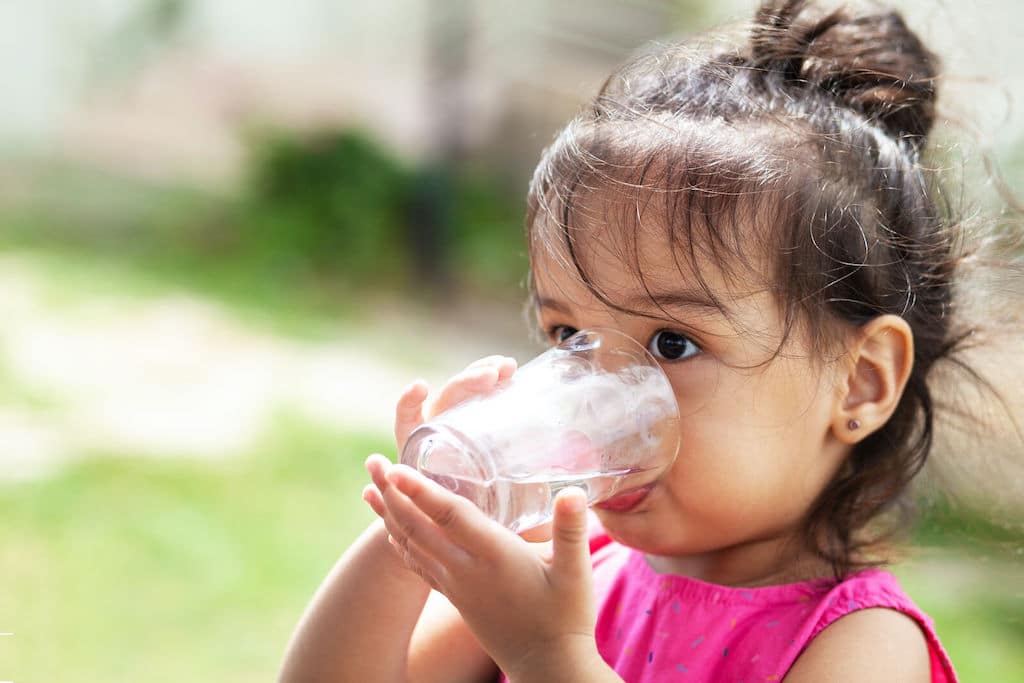

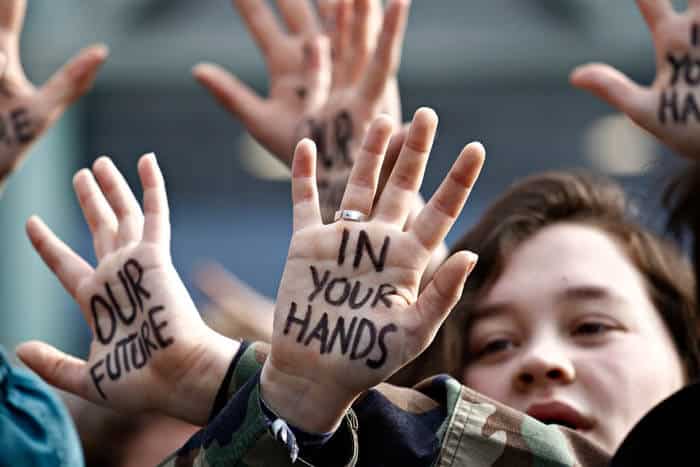
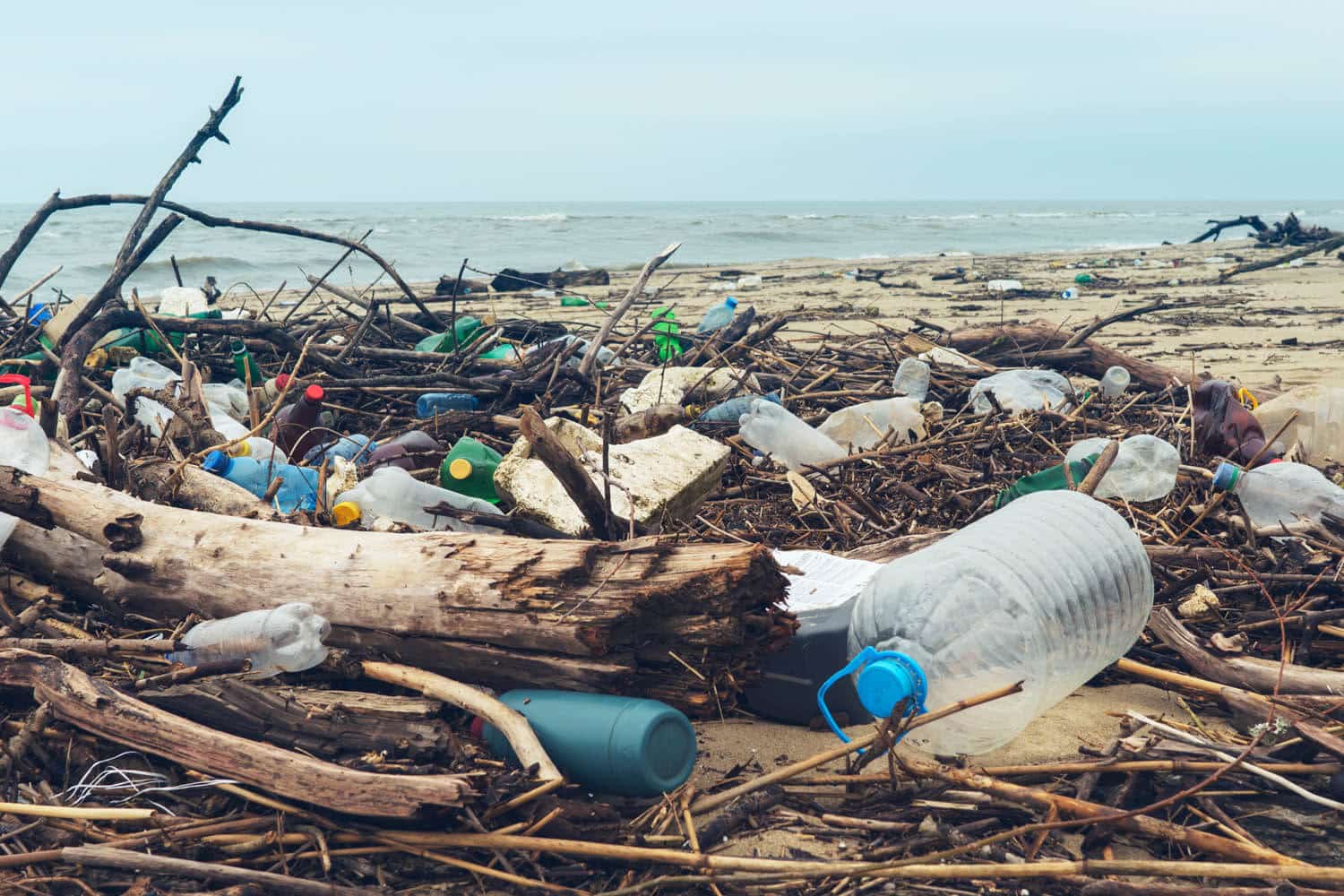

Are there any new examples of Environmental organisations/campaigns being co-opted or influenced by lobby groups like the American Chemistry Council or Plastic Industry Association to facilitate greenwashing, put blame on individual consumers, undermine plastic pollution campaigns, or weaken anti plastic policy measures?
I’m aware of the role Keep America Beautiful, Keep Britain Tidy and Keep Australia Beautiful have played in shaping the “litter” conversation to protect polluting brands, but are there new examples?
If governments are not willing to protect the water, the food we feed our children and the air we breath, we must convince them that they MUST! A universal mission of all governments everywhere should be working together toward establishing optimal ecology for all life. We established the Manhattan project to find the worse weapon of mass destruction known. Why not a project toward solutions to the pollution created by corporate and government recklessness that is fueled by greed!
Hi Paul and thanks for your comment. Yes, there are many such groups emerging. What’s more, they are taking various shapes, from environmental-sounding groups to greenwashing schemes like “plastic credits” and “advanced recycling,” which do not help solve the plastic pollution crisis, but instead distract and delay us from real solutions while causing harm. Learn more: https://www.openmindmag.org/articles/the-plastic-trap and: https://greenwash.com/